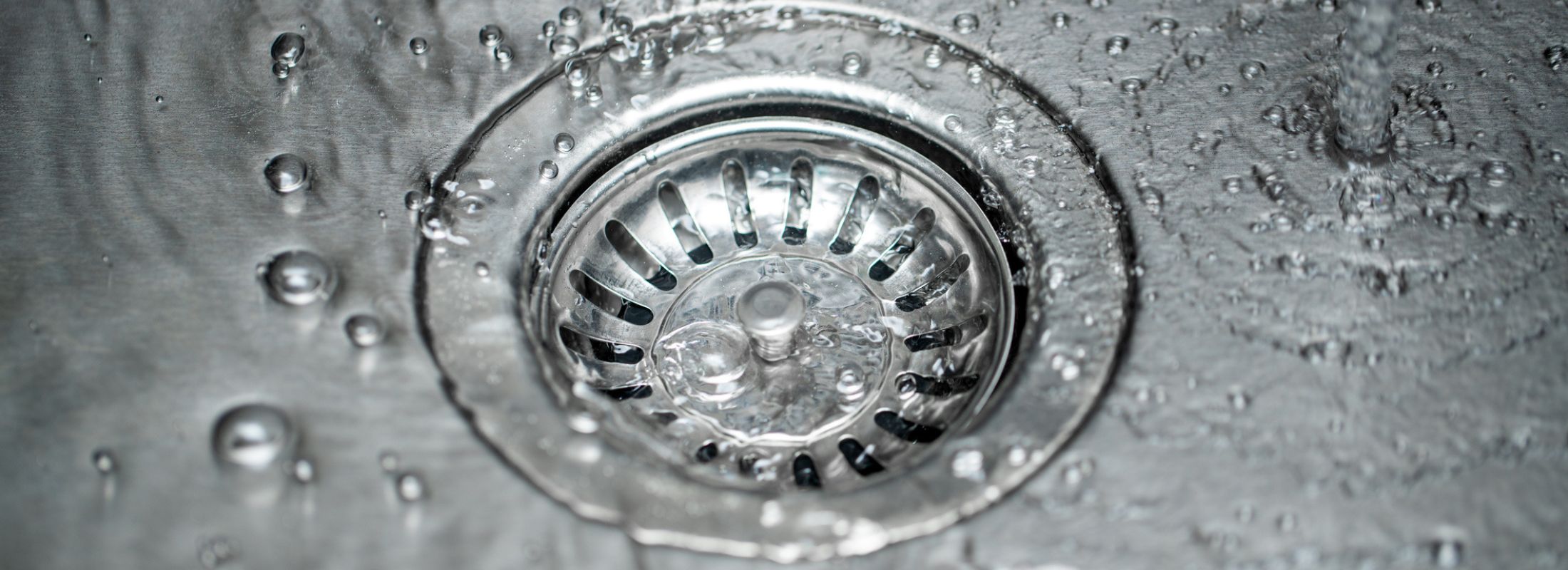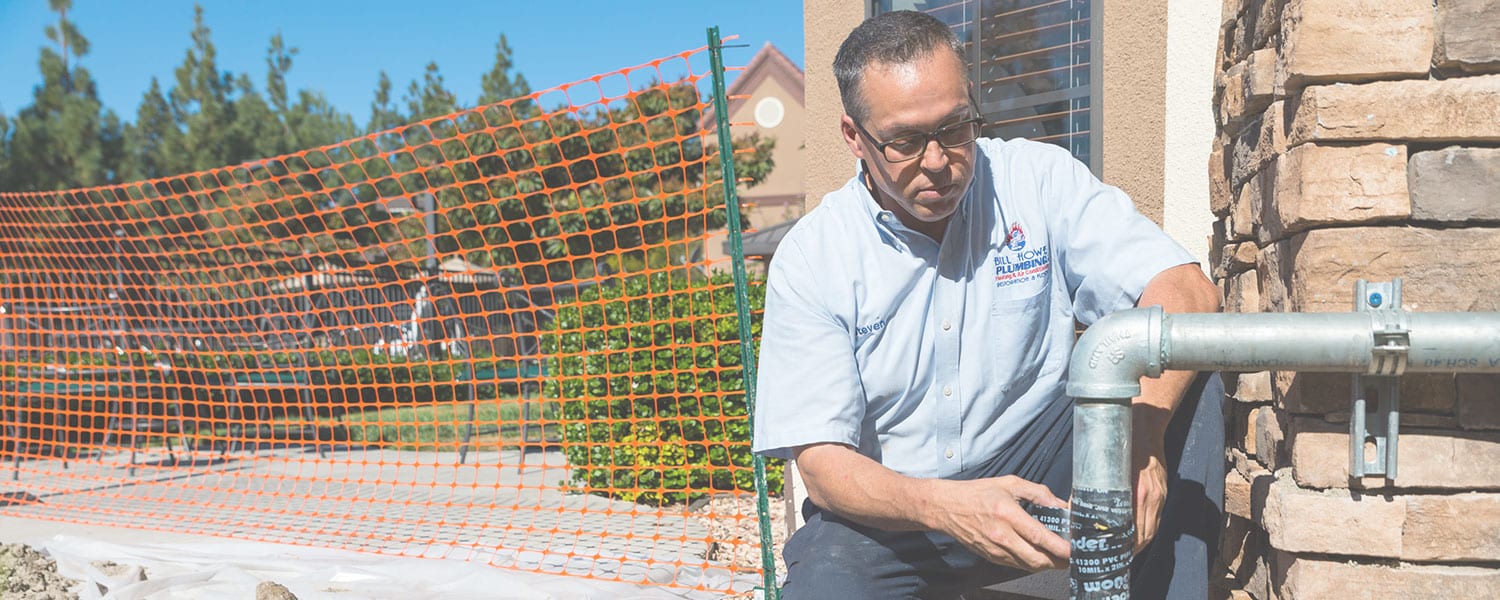Performing annual maintenance on your water heater is extremely important and can be easily done. Over the course of the life of a water heater, sediment builds up at the bottom of the tank. When the sediment builds up, the water heater has to use more energy to heat through the sediment and then heat the water. Additionally, the buildup takes up space within your water heater, reducing the amount of hot water your tank has room to hold. Flushing out your water heater will also improve the quality of your water.
The Process:
Flushing out your water heater is a straight forward process. First, if you have an electric water heater, turn off the power to the water. Next, shut off the water inlet to the heater. Then drain the water from the tank – you can do this a few different ways, the most efficient is by hooking up a garden hose to the hose bib at the bottom of the tank. Open the hose bib and let the tank drain. Once it’s drained, partially fill the water about a quarter of the way. Do this a few times and then you can fill up your water heater again.
Ventilation on Newer Water Heaters:
Water heaters that have been installed in the past eight years or less have been made with a vent that is located at the bottom of the water heater. That vent is used to bring in oxygen needed for the heating process. These vents can become filled with lint and debris and should be vacuumed out at least once a year. This can be done using a standard Shop-vac. The vent may need to be vacuumed out more frequently, depending on the location and environment of the water heater, i.e. water heaters in laundry rooms will need more attention than other locations.
Extending the Life of Your Water Heater:
Anode rods are the key ingredient in determining how many years your water heater will last. These rods, made of magnesium and structured around a steel core wire, are secured from the top of the water heater and run inside the length of the tank. The rods work in a sacrificial way in that corrosion will happen on the rods before the steel surface of the tank. By checking the condition of your anode rods and if necessary, replacing the corroded anode rods, you can extend the life of your water heater.
Performing this type of maintenance to your water heater can be the difference between a 6 year and 10 year lifespan of a water heater. If you have any questions about “Spring Cleaning” your water heater, call 1-800-Bill Howe (245-5469), Because We Know Howe!




